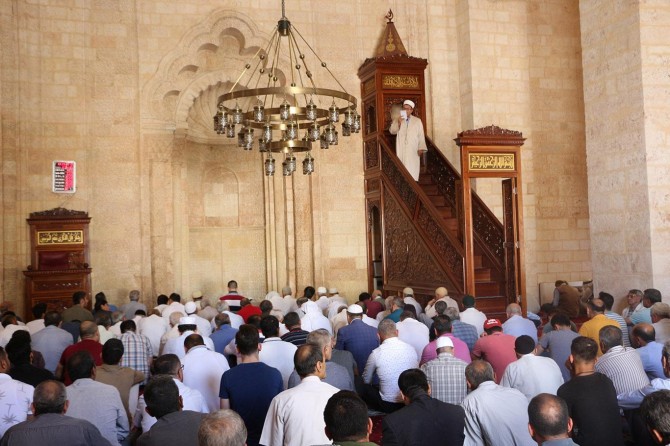
Friday khutbah in Turkey: The inviolable right to life
The khutbah read before the Friday prayers held throughout Turkey drew attention to the immunity of life and emphasized that the right to live is one of the values protected by Islam.
This week's Friday khutbah, prepared by the Directorate General of Religious Services of the Presidency of Religious Affairs, was titled "The Inviolable Right to Life".
The full khutbah that read before the Friday prayer throughout Turkey is in follows:
In a verse, the Almighty Allah (SWT) states, "If a man kills a believer intentionally, his recompense is Hell, wherein he will abide eternally. The wrath and the curse of Allah are upon him, and a dreadful penalty is prepared for him."
In a hadith, the Prophet Muhammad (saw) says, "Whoever harms others, Allah will harm him. Whoever causes hardship to others, Allah will cause hardship to him."
The sublime religion Islam is known for its promotion of justice, harmlessness to others, mercy, and trust.
The right to life comes on top of the values that Islam protects.
All people, regardless of their religion, language, race, and gender, have the inviolable right to life. In this regard, the Prophet Muhammad (saw) declared in his Khutbah al-Wada (the Farewell Khutbah), “Verily! Your blood, property, and honor are sacred to one another like the sanctity of this day of Arafah, this month of Dhu al-Hijjah, and this city of Makkah."
It is great oppression when a person takes another person's life unlawfully. It is a great honor, on the other hand, when a person saves another person's life who is victimized and in need of help.
As the unchanging principle of the divine message revealed to all prophets, this issue is referred to in the Holy Qur'an as follows, "…Whoever takes a life, unless as a punishment for murder or mischief in the land, it would be as if killing all people. And whoever saves a life, it would be as if saving all people..."
Every human being deserves to be respected from the moment of falling into the mother's womb.
According to the legal and ethical restrictions put in place by Islam, abortion without any medical reason can never be an option for personal benefits, such as if the unborn infant would risk the mother's life.
An honor killing can never be an excuse to throw a woman into the brutal claw of violence. An explanation showing great ignorance, such as "Our traditions force us to do so" can never be a justification for the cause of blood feud or killing a person. Since, in fact, even our own life is entrusted to us and we do not have the right to commit suicide by claiming, “This life is mine.”
It should never be forgotten that Islam, the religion in the sight of Allah the Most Gracious and the Most Merciful, is founded on mercy. Similarly, Muhammad Mustafa (saw) the Last Prophet was an ambassador of compassion.
Never do violence and oppression have a room in Islam. For violence is the wound of conscience, not faded away over time, nor forgotten in the heart.
Violence is blatant oppression, no matter who it hurts, be it a woman or a man, or a young or an old person. Oppression is definitely haram.
Miserable are those people who yield to their anger, hatred, or ignorance, and subdue the oppressed ones. A pit of utter darkness is the destination of those people who are devoid of compassion and mercy and who are far from being fair and just.
The Prophet Muhammad (saw) himself was very respectful, compassionate, and polite to his family particularly and to all people around him.
He would not utter any rude or hurtful word to anybody, nor would he allow any Muslim to resort to violence in any way. In one occasion he warned Muslims as follows, "Those who torment people most in this world will be punished most severely on the Day of Resurrection."
How sad it is that sometimes we as Muslims attempt against others' lives because of such unimaginable reasons as “throwing an oblique look at someone” or “horning someone's car in traffic” while we are expected to not hurt even an ant.
We Muslims look as if we forgot that Allah (SWT) commands that an arbiter be appointed if a dispute arises and friendly settlement of conflicts be sought and that the Prophet Muhammad (saw) would forgive even those people who had tried to commit suicide when they regretted.
Today, Muslims have turned into such people hurting one another because of losing temper in a moment of anger while they are expected to treat each other with patience and tolerance in family, at school, at work, or in the street.
In this regard, the Prophet Muhammad (saw) criticized ones resorting not to the intellectual strength but to the physical strength, and said, "The strong man is not the one who is good at wrestling. But the one who controls himself in a fit of rage."
Come! Let us try to see the might of our Lord (SWT) through all living beings. Let us hold dear to ourselves whatever is created for the sake of the Creator.
Let us ensure that we do not cause any harm to any creature, be it through our actions or our words.
Let us follow the prophetic principle, "Neither harm nor get harmed!"
Let us hold on to the virtue of being reliable, bequeathed to us by our Beloved Prophet.
Let us never resort to violence regardless of the magnitude of our problems and troubles.
Let us adopt a manner of speaking, listening, understanding, and getting along well with each other, as would be finely fit for human dignity. Yet the most important of all, let us not frustrate our life in this world and in the Hereafter by attempting against one's life that our Lord (SWT) regards sacred and inviolable.
ILKHA



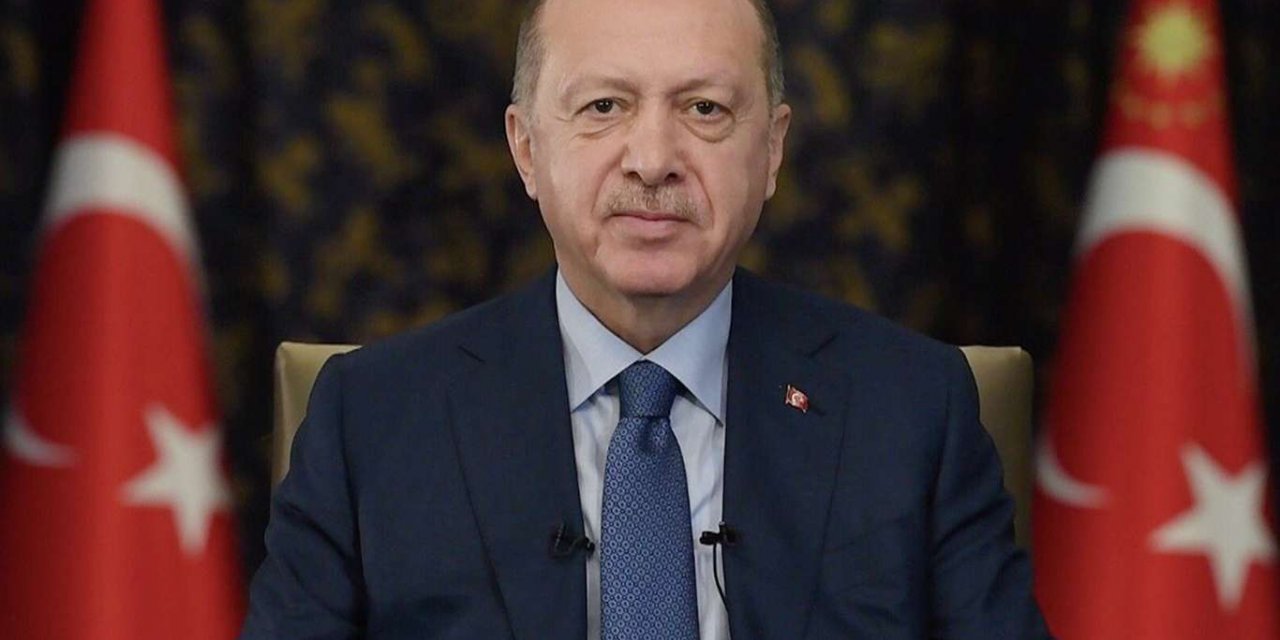


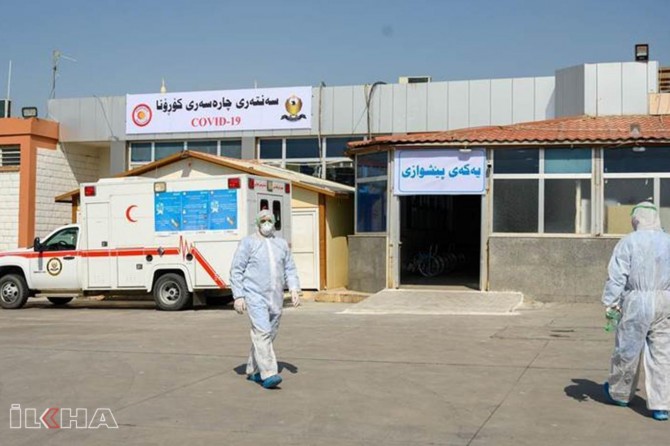

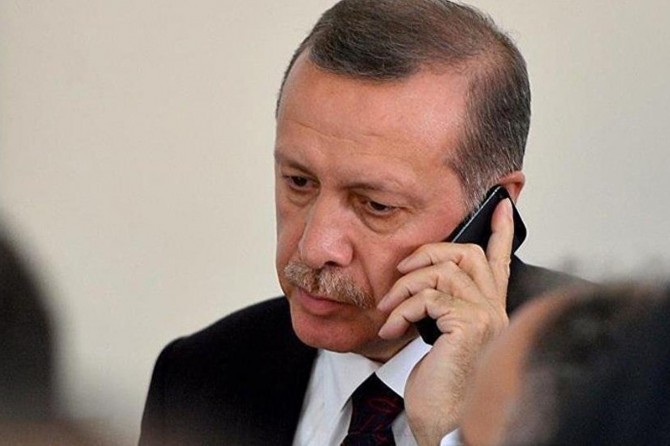
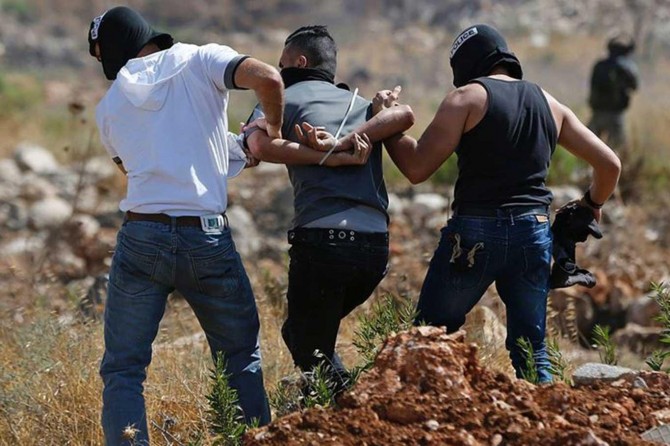
Türkçe karakter kullanılmayan ve büyük harflerle yazılmış yorumlar onaylanmamaktadır.